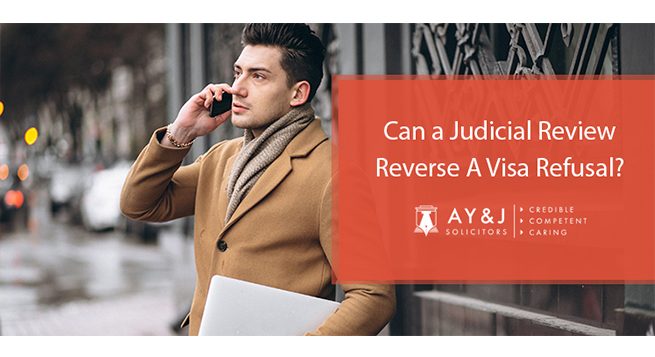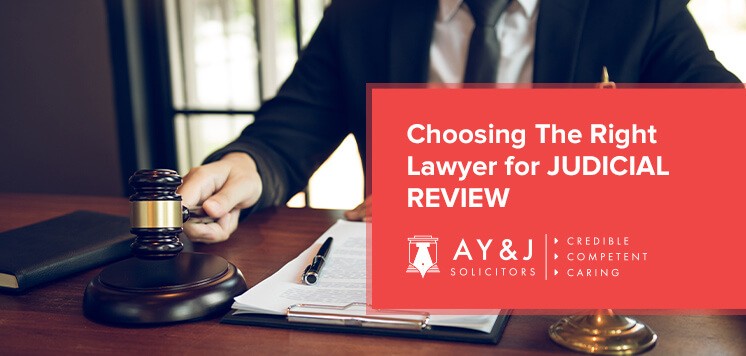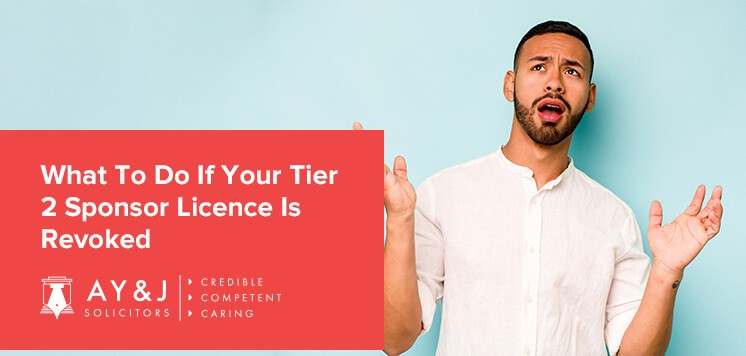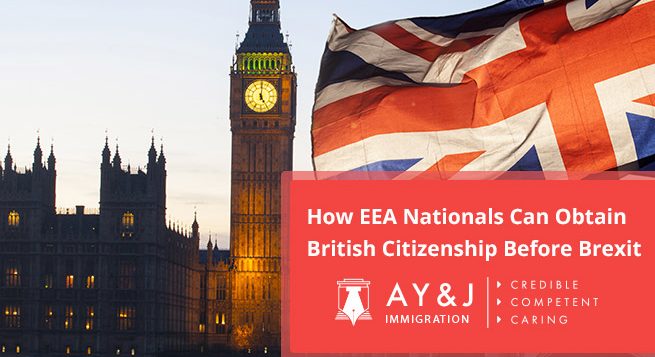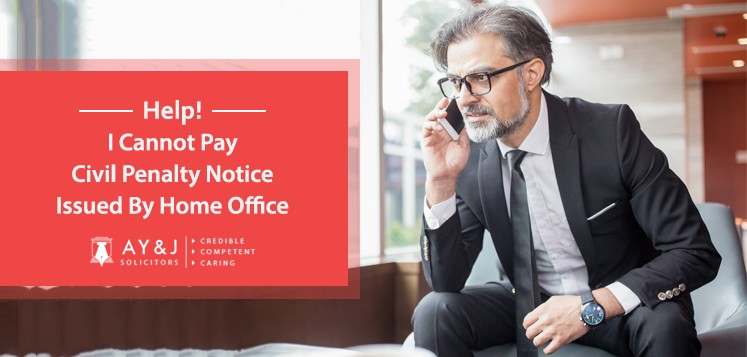Since July 2013, it has not been possible to appeal a Points-Based Visa refusal except in instances where human rights grounds are applicable. Therefore, your only option if a visa or leave to remain application is refused, and there are no human rights issues, is an administrative review or judicial review.
Judicial review is not to be undertaken lightly. A trustworthy immigration solicitor will explain that the option is expensive and time-consuming and will only encourage you to pursue such an action if they deem you have a good chance of success. However, if judicial review is appropriate for your matter, it may provide a route to having UK Visa and Immigration (UKVI) reverse or at least reconsider their decision.
What is a Judicial Review?
A judicial review is an Upper Tribunal (or High Court) evaluation of a claim against a public body (or government department). In the case of immigration issues, an individual or company can apply for a judicial review on the grounds of:
- Illegality – the decision-maker has acted outside of their powers or has unlawfully delegated their powers. In addition, the public body must respect the policy and purpose of the legislation they are implementing.
- Procedural unfairness – also known as ‘natural justice’. The key element of procedural fairness is every claimant has the right to be heard, and there should be an absence of bias when a decision is being made by a public body.
- Irrationality – also known as Wednesbury. This is a difficult ground to prove as the decision must be so irrational that no reasonable person could have made it in similar circumstances.
- Material considerations – the decision-maker must take into account all the material considerations relating to a matter and ignore immaterial ones.
- Legitimate expectations – if a public body gives a clear declaration as to how it proposes to act whether, through an express promise or a consistent practice, it will normally be required to uphold that assurance unless there is a good cause to depart from it.
- Proportionality – this ground is often used in immigration cases. The courts will decide whether an act or decision by a public body was proportionate to a legitimate aim of the legislation.
A judicial review is not:
- An evaluation of whether a decision is right or wrong. Rather, it is an evaluation of how the decision was made
- A request to consider special circumstances of an application
- A complaint against a specific UKVI officer if that officer has violated or failed to follow immigration law
Example
A businessperson applied for an extension on their Tier 1 Entrepreneur Visa. Immigration officials denied the extension on the basis of incomplete documentation. However, all documentation had been included, and the error was on the Home Office’s part for misreading the information. Since no right of appeal was available, the businessperson retained an immigration solicitor to proceed with a request for judicial review after his administrative review was also refused. The Home Office was presented with the letter before claim that included supporting information showing the error that had been made. As is often the case, the Home Office chose to reverse their decision and award the visa extension without further argument.
What is the Judicial Review Process?
The first step in a judicial review is to retain a solicitor who is SRA regulated and able to represent you in every aspect until the resolution of your case. They will undertake a careful evaluation of your situation to ensure that the judicial review is the appropriate action. If it is not, they can advise you on alternatives.
Note: It’s critical to ensure you have a strong case. Those who take judicial review action and are unsuccessful are often ordered to pay costs to the defendant of all fees. This, in addition to time, effort, and claimant costs can be substantial.
Once it is determined that your case is appropriate for judicial review, a ‘letter before claim’ is issued to UKVI. This letter will state all the details of why you are requesting a judicial review, evidence supporting your position and a requested reply date – usually within 14 days. Often UKVI will respond at this point with a reversal or adjustment of their refusal. It is not in their best interests to pursue cases where they are clearly in the wrong.
If UKVI does not respond, the next step is to request a judicial review. There are strict rules and guidelines to follow in these procedures, and having an expert solicitor is essential.
The judge will determine if the case will proceed to judicial review. If the judicial review is denied, you have the option to request reconsideration at an oral hearing. If the judicial review proceeds, your solicitor files a skeleton argument of all pertinent facts and information.
The next step is the judicial review. Often claimants (the person requesting the judicial review) do not attend, although you are welcome to attend if you wish. Witness statements are usually taken in advance of the court date.
If UKVI does not attempt to negotiate or amend the visa refusal, the judge will rule the case. If the ruling is in your favour, the judge may also charge UKVI with paying your costs.
Conclusion
A judicial review is the last resort to take when a UKVI decision should be changed. In cases whereby UKVI is acting outside the law or failing to take appropriate action, then a judicial review may be the right solution. Having a solicitor who is experienced in handling visa refusal cases is important if you wish to be successful. In the best situations, UKVI will acknowledge their error before the case proceeds, and you will receive your visa without further challenges.
A Y & J Solicitors – Experts in Handling Visa Refusals
If you are facing a visa refusal, we are here to help. In cases of visa refusal, time is of the essence. Contact us immediately for an honest and fair evaluation of your situation and options. Our solicitors are experts in handling Judicial Reviews and can provide you with the help you need until your issues are resolved. Please contact us today on +44 20 7404 7933 or email us at [email protected].
Disclaimer: No material/information provided on this website should be construed as legal advice. Readers should seek an appropriate professional advice for their immigration matters.

